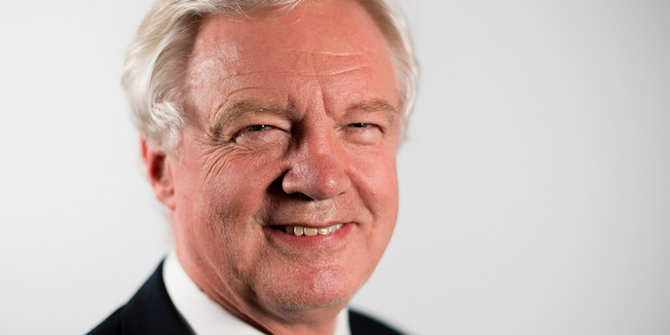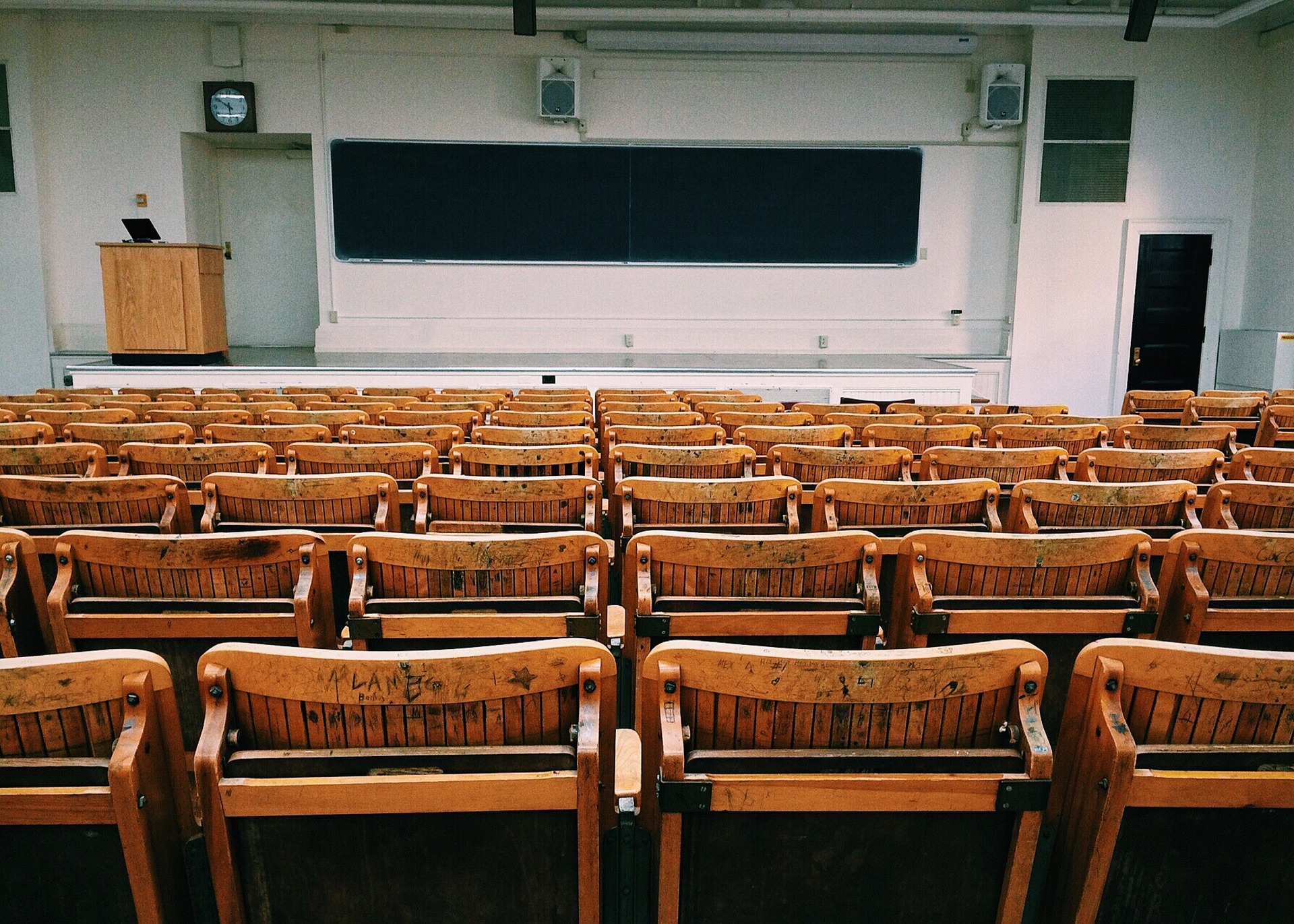 Whilst weighing up his options for next week’s Budget, the Chancellor will be coming under significant industry pressure to cut alcohol duty, as he has for the past three years. One common argument is that UK consumers are overburdened with alcohol taxes. However, Aveek Bhattacharya presents analysis showing that alcohol taxes should in fact be significantly higher – and that the government’s own estimates of social harm lead to the same conclusion.
Whilst weighing up his options for next week’s Budget, the Chancellor will be coming under significant industry pressure to cut alcohol duty, as he has for the past three years. One common argument is that UK consumers are overburdened with alcohol taxes. However, Aveek Bhattacharya presents analysis showing that alcohol taxes should in fact be significantly higher – and that the government’s own estimates of social harm lead to the same conclusion.
Alcohol produces externalities – costs that are imposed on others without their consent. For example, drinking is associated with crime and violence, road traffic accidents, costs to the healthcare system and lower economic productivity. Externalities are problematic because they are not reflected in market outcomes: consumers typically only consider the costs and benefits of drinking to themselves, and fail to consider the impact their drinking has on others.
According to standard economic theory, externalities should be corrected through taxes which raise prices to reflect the social harm of a product. For example, if a pint of beer typically imposes £1 of costs on others, then a tax of £1 should be levied on each pint to reflect this cost.
The UK Government has estimated the externalities caused by drinking to be £21 billion a year in England and Wales. This number is controversial, but the economists behind it acknowledge that if anything it is an underestimate. In any case, the Government has reaffirmed this £21 billion figure repeatedly in parliament. Yet alcohol duty only raises £9 billion a year, suggesting that the price of alcohol does not adequately reflect the harm it does to society.
Some people might object that it is only a problem minority that causes social harm, and worry that duty is a blunt instrument, which negatively affects moderate drinkers at the same time. This is debatable, but even if such a distinction can be drawn, the burden is minimal. Moderate drinkers may have to pay more for their alcohol due to duty, but this money allows the government to fund services and cut other taxes. Taxes may also discourage moderate consumers from drinking, and cause them to switch to less enjoyable products. However, our estimate of this loss of enjoyment suggests that it accounts for at most 2 per cent of market value, £1.2 billion, and likely considerably less, under current levels of duty. Besides, it is dwarfed by the reduction of crime, healthcare and economic costs as a result of alcohol duty – which total at least £4.4 billion. All things considered, many – perhaps most – moderate drinkers could benefit from higher alcohol duty.
A key implication of all this is that higher alcohol taxes can be justified solely on the basis of the harm that drinking causes to wider society. The argument does not depend on the benefits to the individual drinker. Yet such considerations provide additional reasons to raise alcohol duty.
There are a number of reasons to suspect that many people make poor choices around alcohol and could benefit from higher duty that discourages excess drinking. Alcohol is addictive and psychoactive, and as a result many consumers drink while dependent or intoxicated. Many people are not fully informed of the risks of drinking, or believe that they are immune – for example, only half of people in the UK are aware alcohol causes cancer. People suffer weakness of will – where they are unable to follow through on their reflective desire to cut down drinking. More generally, myriad non-rational influences encourage people to drink, including habit, availability and social influence. Raising the price of alcohol does not reverse all these effects, but can go some way to mitigating excessive overconsumption.
Taken together, these arguments make for a compelling case in favour of raising alcohol duty. On the Government’s own estimates, current levels of tax fail to account for the social cost of drinking. Raising rates of duty would address this harm without unduly affecting moderate drinkers. Moreover, higher duty would reduce the private costs to individuals resulting from excessive consumption. Come Wednesday, we will learn whether the Government has taken heed.
This post is based on the Institute of Alcohol Studies report ‘Dereliction of Duty: Are UK alcohol taxes too low?’ Download the full report from the IAS website here.
About the Author

Aveek Bhattacharya is a Policy Analyst at the Institute of Alcohol Studies. He holds an MPhil with Distinction in Politics, from the University of Oxford. The IAS is on twitter @InstAlcStud







There is no evidence to prove raising tax reduces consumption taxes have been increased on alcohol and smoking in just about every budget that i have seen and that is over 50 of them surely as a means of reducing alcohol intake it should have worked by now. only 20% of people think it is to expensive only 20 % think it is to chip which means 60% must be satisfied with it.
The idea that raising tax on alcohol would reduce the amount drink is risible, what it will do is reduce the amount people spend on food clothing and their children, as a means of reducing alcohol intake it is a non starter. It is the same type of thinking that the government is using that if you cut the benefit for the disabled they will suddenly be able to work. By that thinking we can sack all the doctors close the hospitals and just let the state of working for your living cure the incurable.
I’m sorry Barry, that’s not what the evidence suggests. A number of studies have shown that people do drink less when alcohol is less affordable. See, for example, pages 9-10 of this report: http://www.oecd-ilibrary.org/social-issues-migration-health/the-role-of-fiscal-policies-in-health-promotion_5k3twr94kvzx-en.
Given there is limited political acceptability of raising taxes on consumption, is alcohol the most important (in terms of harm and revenue raised), or would be be better off targeting the sin of carbon?
I don’t agree with the premise of your question. Particularly in the current context, with the Chancellor having set himself some extremely challenging fiscal targets, sin taxes seem like an obvious way to make up Budgetary shortfall, compared to clearly politically challenging policies like cutting tax credits. The Treasury estimates that duty cuts in 2014 and 2015 will cost the Government around £300m a year.
It’s also not obvious that alcohol taxes are particularly unpopular – taking polling both from the alcohol industry and public health groups, the broad trend is that 20% think alcohol is too cheap, 20% that it is too expensive, with 60% unsure in the middle.
Sorry if that seems evasive!